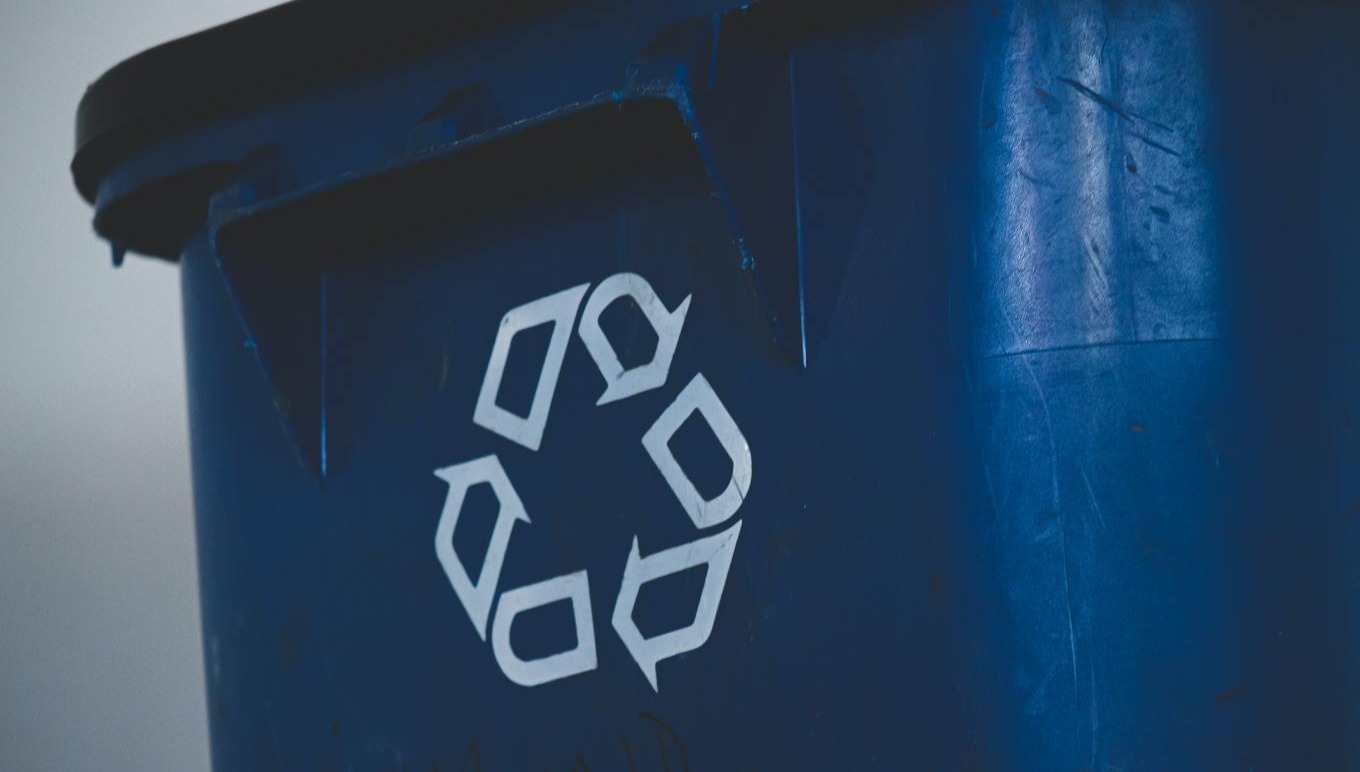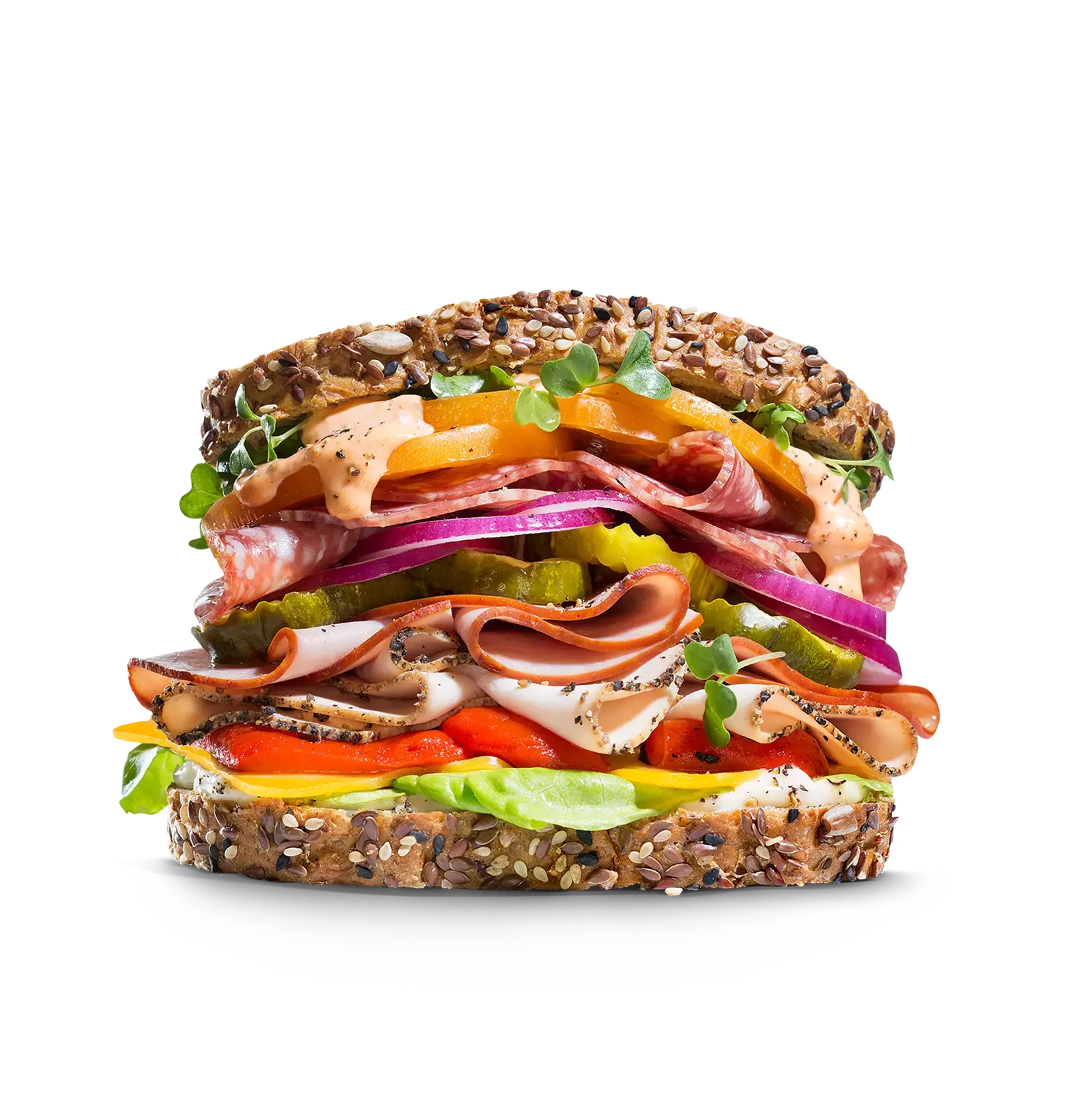Recycling for Greater Sustainability: How Your Food Business Can Be Part of the Solution
Recycling for Greater Sustainability: How Your Food Business Can Be Part of the Solution
Recycling for Greater Sustainability: How Your Food Business Can Be Part of the Solution
Jan 6, 2022
 John McCurdy | Senior Content Writer, Marketing
John McCurdy | Senior Content Writer, Marketing
From sourcing ingredients responsibly and tapping into alternative energy sources to making your processes more efficient, there are a number of initiatives for your food and beverage business to undertake if you really want to make a difference.
A good recycling program is another important pillar for a comprehensive, holistic approach to becoming more sustainable as an organization. After all, you know that you’re going to have food waste—the Environmental Protection Agency attributes some 63.1 million tons of it per year to the industry at large—but there are methods of disposal that are much more environmentally friendly than simply trashing what you can’t sell.
Here, we’ll explore three different ways that your operations can get leaner and greener through sound recycling practices. We’ll also touch on how certain industry-specific technologies can enhance and streamline your efforts for even better outcomes.
1. Composting Your Biodegradables
Compared to all other categories of product, food waste takes up the most space in U.S. landfills. While they may be “out of sight, out of mind,” these sites release methane gas—which exacerbates global warming through the greenhouse effect even more so than carbon dioxide—and also negatively affect biodiversity.
Considering that every item that goes into the garbage at your facilities contributes to this problem, finding an alternative destination for your waste should be a priority. In fact, it will soon be a legal imperative in California, as State Bill 1383 will go into effect at the beginning of 2022 and make it against the law to trash organic materials like food scraps.
For your biodegradable items, you should consider letting Mother Nature’s built-in reclamation process take care of the matter by composting. Just how many families choose to start their own pile with yard clippings, banana peels and coffee grounds, your business can devote a small plot of land for this purpose on your own if you train your employees to sort compostable materials effectively.
If you lack the physical space to take this route, you can also contract another company or seek out public agencies that provide the service.
2. Rerouting Waste to New Outlets
According to the Food and Agriculture Organization of the United Nations, a majority of the food products that go to waste each year are wholesome and edible at the time of disposal. Various factors, including unappealing appearance and lack of regard for expiration dates, lead to this confounding issue.
This raises questions about how we determine what is unfit for consumption and whether or not there are applications for the scraps and byproducts of your processes. Many can be repurposed or combined in surprisingly useful ways, and the list of companies exploring new possibilities continues to grow.
For example, Regrained reclaims the protein, fiber and micronutrients left behind in the beer brewing process to manufacture a flour called “SuperGrain+,” which then goes into their healthy snack bars. The Real Dill, meanwhile, reuses the brine from their pickles to make a Bloody Mary mix.
Even if your company doesn’t produce these byproducts or is too distant from businesses that can use them, you should explore the opportunities within your supply chain and connections to peers in the industry. Chances are, at least one of the materials you’re regularly trashing could be utilized in another organization’s mission.
million tons of waste are produced by the food and beverage industry annually
3. Switching to Recyclable Packaging
The packages that your products come in obviously can’t be consumed, but that doesn’t mean they have to be destined for the bin. If you haven’t already, you should look to phase out your less environmentally friendly packaging solutions in exchange for more sustainable options.
The main culprits when it comes to problematic food packaging are single-use plastics and Bisphenol-A (BPA) plastics. While some plastic beverage bottles are recyclable, all of the most commonly seen plastic bags and wrappers are highly unlikely to end up anywhere other than the dump.
Better alternatives today include the infinitely recyclable glass and stainless steel, as well as new innovations made from bamboo, rice husks and even gelatin films that inhibit the growth of pathogens that cause foodborne illnesses. You can also consider bioplastics, which don’t require the use of conventional fossil fuels in their manufacture and include both biobased polymers and biodegradable plastics.
Facilitating Your Recycling Program with Technology
While it might seem like a tall task to implement these recycling measures, forming a solid strategy and determining how your business can make the most immediate impact is half the battle. You should also think about how a purpose-built technological platform, like an enterprise resource planning (ERP) system, can aid in your efforts.
The best among these platforms, like Aptean Food & Beverage ERP, include dedicated packaging modules that allow you to assign specific parameters based on your different products. That makes introducing new, more eco-friendly materials and configurations much easier.
The analytics tools that these solutions come with can also be leveraged to identify where your greatest sources of waste are, as well as those processes that are running inefficiently and resulting in lower yields or more scrap. From there, you can determine whether certain byproducts can be repurposed at your facilities or by another business, and issues can be addressed to reduce the total amount of waste your operations produce.
At Aptean, we’re proud to be a future-focused provider of food and beverage enterprise software, and we act as partners to our clients to make sure they get the most out of their technology. We know just how important reducing your environmental footprint is, and we’re proud to offer flexible cloud deployments that require no additional hardware or expenditure on your part.
Ready to learn more about how Aptean Food & Beverage ERP can help you recycle more, waste less and get greener? Contact us today, or request a personalized demo.
Get in Touch Today to Speak With an Expert in Your Industry
To grow your business, you need a food ERP built specifically for your industry challenges. We're ready to help—reach out today and we'll help you find the right solution.



